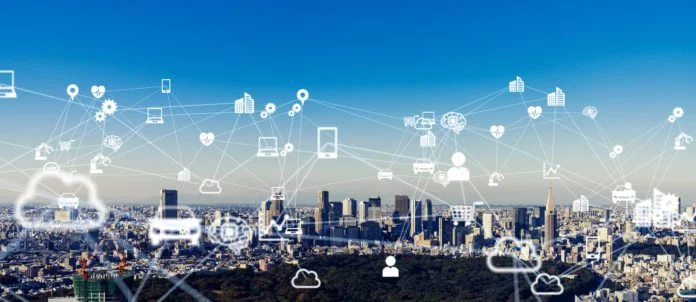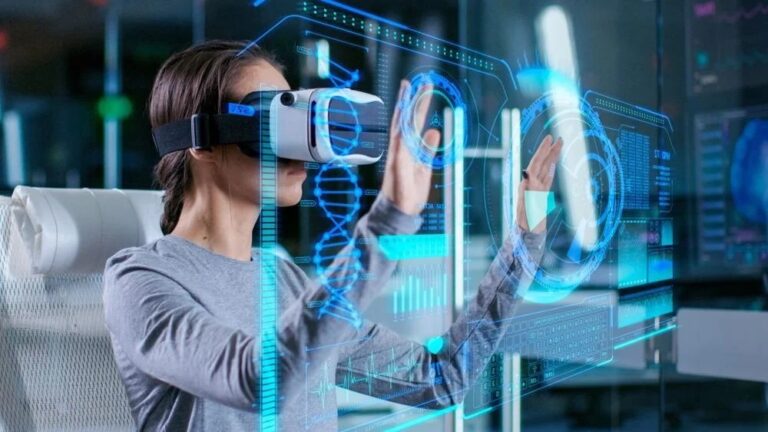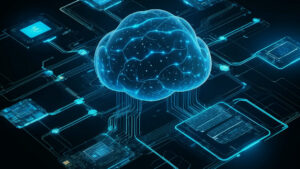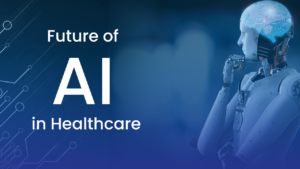The Internet of Things (IoT) is revolutionizing urban environments, paving the way for smarter, more efficient cities that enhance sustainability, improve quality of life, and optimize resource management. This article explores the applications, benefits, challenges, and future trends of IoT in smart cities, highlighting its transformative impact on urban infrastructure and public services.
Applications of IoT in Smart Cities
- Smart Infrastructure Management: IoT sensors monitor and manage critical infrastructure components such as bridges, roads, and utilities, enabling proactive maintenance, reducing downtime, and enhancing safety for residents.
- Public Safety and Security: IoT-enabled surveillance systems, smart street lighting, and emergency response systems enhance public safety by detecting incidents in real-time, improving crime prevention measures, and facilitating rapid emergency responses.
Benefits of IoT in Smart Cities
- Efficient Resource Management: IoT devices optimize resource utilization (e.g., energy, water) through real-time data analytics, demand forecasting, and automated systems that adjust consumption based on environmental conditions and user behavior.
- Enhanced Mobility and Transportation: IoT facilitates smart transportation systems with real-time traffic monitoring, smart parking solutions, and intelligent public transit management, reducing congestion, emissions, and improving commuting experiences.
Challenges and Considerations
- Data Privacy and Security: Protecting IoT data from cyber threats, ensuring data encryption, and implementing robust security measures are essential to safeguarding sensitive information and maintaining public trust in smart city initiatives.
- Interoperability and Standards: Addressing interoperability challenges among diverse IoT devices, platforms, and communication protocols is crucial for seamless integration, data sharing, and scalability of smart city applications.
Impact on Urban Sustainability
- Environmental Monitoring and Sustainability: IoT sensors monitor air quality, noise levels, and environmental parameters, enabling data-driven environmental management strategies, pollution control measures, and sustainable urban planning.
- Energy Efficiency and Green Initiatives: IoT-enabled smart grids, energy management systems, and renewable energy integration optimize energy distribution, promote energy conservation behaviors, and support sustainable development goals.
Future Trends in IoT and Smart Cities
- 5G Integration and Edge Computing: Integration of 5G networks and edge computing enhances IoT connectivity, reduces latency for real-time applications, and supports bandwidth-intensive smart city solutions (e.g., autonomous vehicles, augmented reality).
- AI and Predictive Analytics: AI-powered analytics and machine learning algorithms analyze IoT data streams, predict urban trends, optimize resource allocation, and enable predictive maintenance for smart city infrastructure.
Conclusion
The Internet of Things is driving the evolution of smart cities, revolutionizing urban living through enhanced connectivity, sustainability, and efficiency. As IoT technologies continue to advance, addressing challenges related to data security, interoperability, and regulatory frameworks will be crucial for maximizing the benefits of smart city initiatives. By fostering collaboration among city planners, technology innovators, and policymakers, stakeholders can harness IoT’s transformative potential to create inclusive, resilient, and sustainable cities that improve quality of life for residents worldwide.





+ There are no comments
Add yours